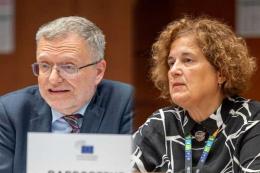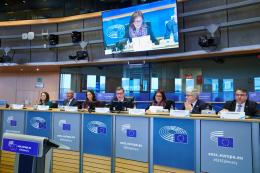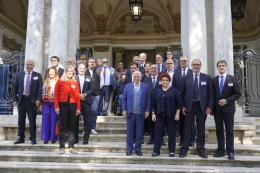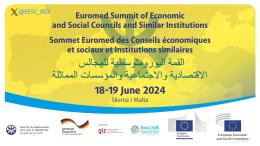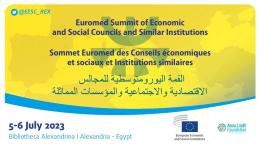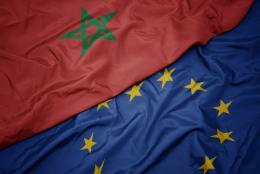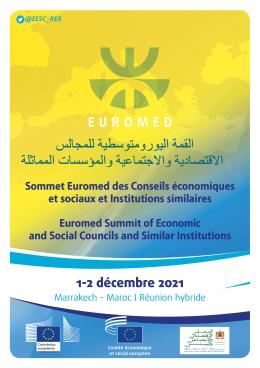European Economic
and Social Committee
EUROMED
Förbindelserna mellan EU och dess södra grannländer är en av våra prioriteringar. Vårt arbete omfattar ett stort antal olika områden, t.ex. det civila samhällets deltagande i den politiska och civila dialogen, övergång till demokrati, ungdomssysselsättning, hållbar utveckling, rörlighet och migration, handel, förnybar energi och affärsutveckling.
EESK har arbetat med dessa frågor sedan 1995. Efter förändringarna i regionen under 2010 har vi justerat våra mål och strävar nu efter följande:
- Att stödja civilsamhällesorganisationer i länder som befinner sig i en övergångsprocess. Detta stöd riktas framför allt in på fackföreningar och arbetsgivarorganisationer samt på kvinno-, ungdoms- och jordbrukarorganisationer.
- Att upprätthålla bilaterala förbindelser med de nationella ekonomiska och sociala råden i regionen och verka för att skapa förutsättningar för att det civila samhället ska involveras i den politiska dialogen i de sydliga partnerländerna.
- Att utarbeta yttranden och gemensamma rapporter om de främsta politiska utmaningarna som regionen står inför.
- Att anordna regelbundna möten med EU-institutioner och internationella organisationer för att diskutera den politik som rör det civila samhället i hela regionen.
- Att anordna ett årligt toppmöte för ekonomiska och sociala råd och liknande institutioner där centrala politiska rekommendationer om regionens främsta utmaningar läggs fram för politiska beslutsfattare från de nationella regeringarna och EU.

